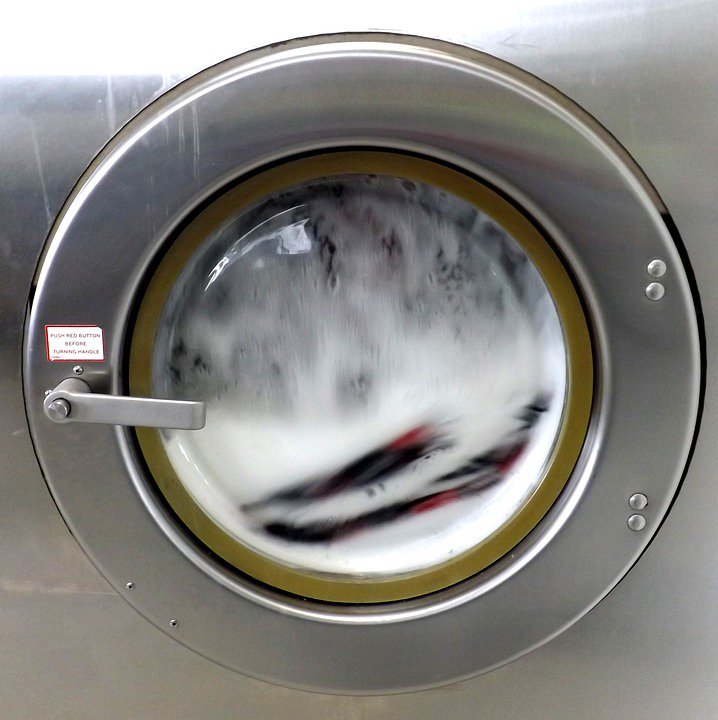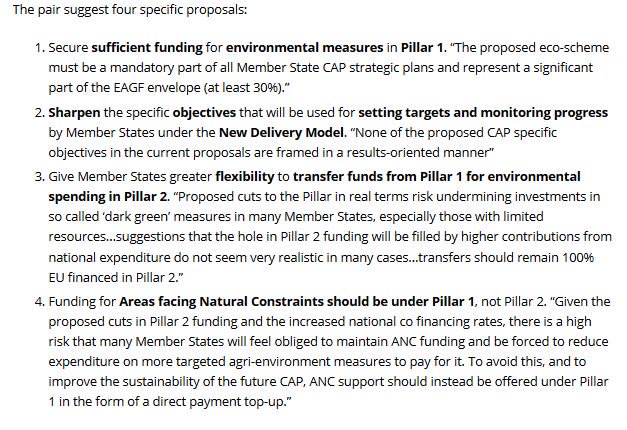But what are WTO Groups? What do they do? Why do Members join them?
These can be broad, covering the entirety of the organisation's mandated work (such as the UN's G77+China) or issue based (like the 'Friends of E-Commerce' at the WTO).
g77.org
They do this by internally coordinating a unified position prior to important meetings or when issues arise which call for a response (such as a new proposed WTO rule change).
Rather, the benefits are about soft power, burden sharing and coordination.
When the US or China speak, diplomats take notes. When Armenia does, maybe not as much.
Forming groups allows smaller countries to pool their voices to redress this.
- The Least Developed Country Group (LDC)
- African Group
- Africa Caribbean and Pacific Group
These carry significant moral authority, having positioned themselves as the voice of the global poor.
When they don't, they'll either not issue a statement or issue one indicating who in the group disagrees.
For example. the African Group convener position theoretically rotates between Anglophonie and Francophonie Africa annually, with an effort at geographic diversity too.
The Cairns Group works to liberalize agricultural trade by lobbying Members to lower limits on subsidies, reduce agricultural tariffs and end trade distorting practices.
Putting together and trying to advance a WTO proposal is a huge undertaking, both technically and in terms of time. Smaller Members with smaller WTO Missions can struggle.
It also means that by the time a Group proposal emerges, it has been internally vetted and comes with a lot of co-sponsors right out of the gate.
Not only do the Groups share intelligence internally, but smaller meetings (called informals) will often invite the Conveners of the major groups.
This list tracks each Members declared group allegiances:
wto.org/english/tratop…
This list tracks all the Groups and their Members:
wto.org/english/tratop…
/end





